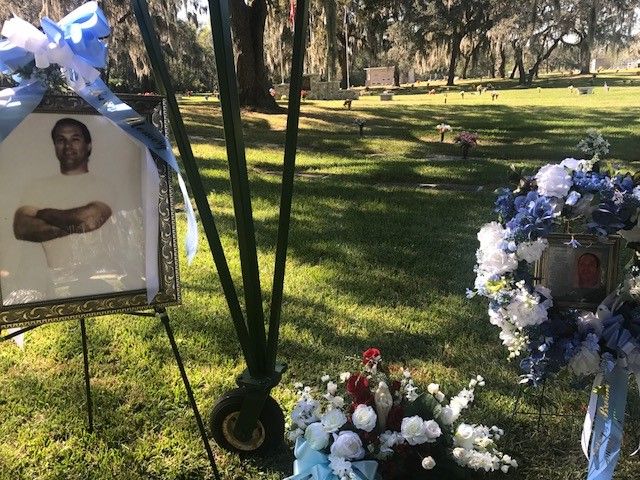There's
a reason you won't hear too much about this particular part of the
death penalty process as for all practical purposes, it has long ago
been reduced to nothing by a deliberate pretense..for too many decades
now, Florida has reduced this clemency process to nothing but a shame.
Why is this even an issue? Because as the Supreme Court recognized in Herrera v. Collins, 506 U.S. 390 (1993) and Harbison v. Bell 556 U.S. 180 (2009)
- and I quote "Executive clemency has provided the "fail safe" in our
criminal justice system...recent authority confirms that over the past
century it has been exercised frequently in capital cases in which
demonstrations of actual innocence has been made". Or in other words,
historically clemency has been available to prevent an innocent person
from being put to death when the judicial process has failed.
On
of the common misconceptions about our criminal justice system is that
our courts always specifically look at every capital case to ensure that
the person facing execution is actually guilty of the crime and that
simply is not true. The inconvenient truth is that both the state and
federal courts - even the US Supreme Court (Herrera v Collins) has made
it clear that innocence is not an issue, and the courts will not
address a claim of innocence on its own merits.
Worse
yet, the way the criminal justice system really works is that after
you're condemned to death you're then appointed a lawyer who becomes
responsible for presenting your appellate issues to the courts (arguing
why you're entitled to have your conviction vacated because the state
deliberately used false evidence or whatever), if that lawyer fails to
timely present these technical issues to the court within the time
frames required, then the courts will not allow those issues to be heard
at all, even though if addressed on the merits, it would establish that
you are innocent.
Often
in capital cases, substantial constitutional issues that would
establish innocence are procedurally barred from any form of judicial
review, as has happened in my case many times.
For
that reason, the availability of a meaningful clemency process is the
only true safeguard to protect against the inevitable execution of an
innocent person.
But
as I said above, for all practical purposes, this clemency process in
Florida, and most other death penalty states, has become a deliberate
pretense. Just look at the indisputable facts....since 1978 (when the
death penalty was reinstated following the landmark Furman v Georgia
decision in 1972 that found the old death penalty unconstitutionally
"arbitrary and capricious") here in Florida 81 men and women have been
executed and 26 men and women have been legally exonerated and
released...and since 1974, there have only been 6 men granted clemency
(their death sentences reduced to life) in capital cases.
Notably,
not a single person has been granted clemency in a capital case in
Florida in over 33 years. All six men were granted clemency by then
governor Robert Graham, who left state office to become a US senator in
1986. Since that time, not even one person has been granted clemency in a
capital case in Florida.
What
it comes down to is the "politics of death" and in these pro death
penalty states even expressing an open mind to consideration of leniency
in a capital case is essentially political suicide.
Here
in Florida it is a stacked deck anyways. Under Florida law a governor
cannot grant clemency alone, but must have at least 2 other cabinet
members agree. It's my understanding that for many years now that
cabinet reviewing all capital clemency petitions consisted of only 3
people...the governor, the Florida Attorney General and the commissioner
of agriculture. And let there be no mistake, each of these individuals
are personally familiar with the inherent imperfections of our judicial
process and know that the only way to ensure that an innocent person is
not put to death is by granting clemency in capital cases in which a
legitimate issue of innocence exist.
My
own case illustrates this. A wealth of readily available evidence
exists to substantiate my consistently plead claim of actual innocence,
which the courts have refused to address because my lawyers failed to
properly present this evidence to the courts.
On
several occasions my lawyers have petitioned the governor and cabinet
for clemency consideration, and hundreds of people have signed petitions
and sent letters to the governor asking him to look at the evidence and
allow a fair clemency review. But each time it has been refused to even
allow my case from being brought up for a hearing and the evidence
discussed.
Bottom
line, there is no meaningful clemency process in Florida, and
in evidently, innocent people will be executed and without this
historically available "safety valve", there is virtually no process
available in which to prevent the execution of the innocent.














No comments:
Post a Comment